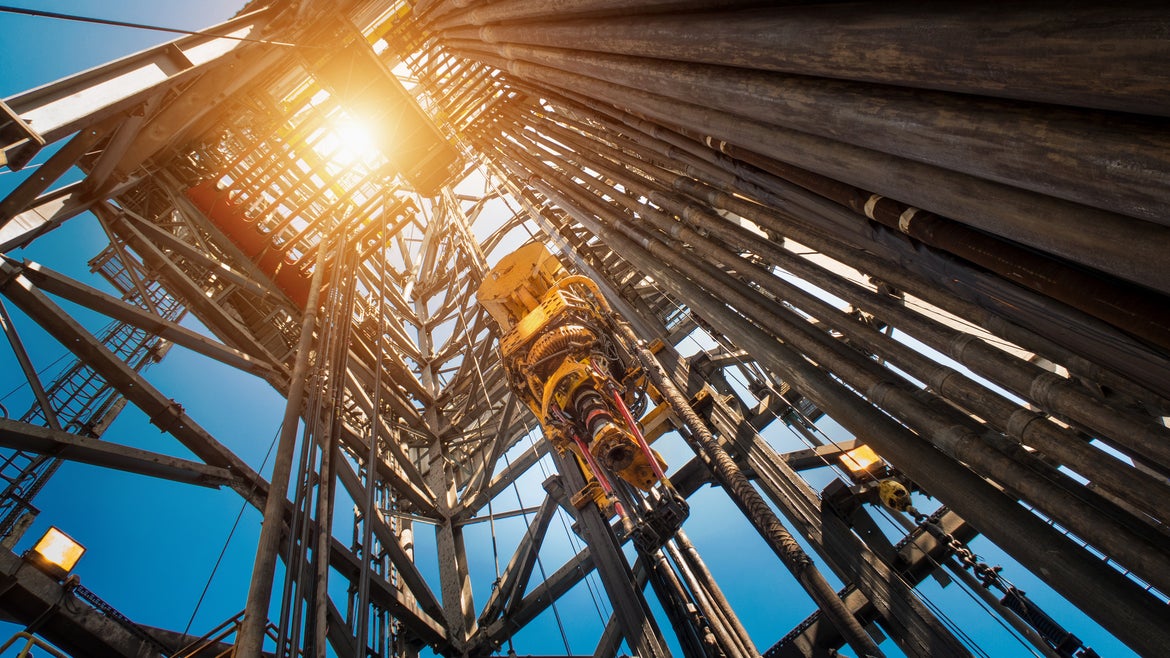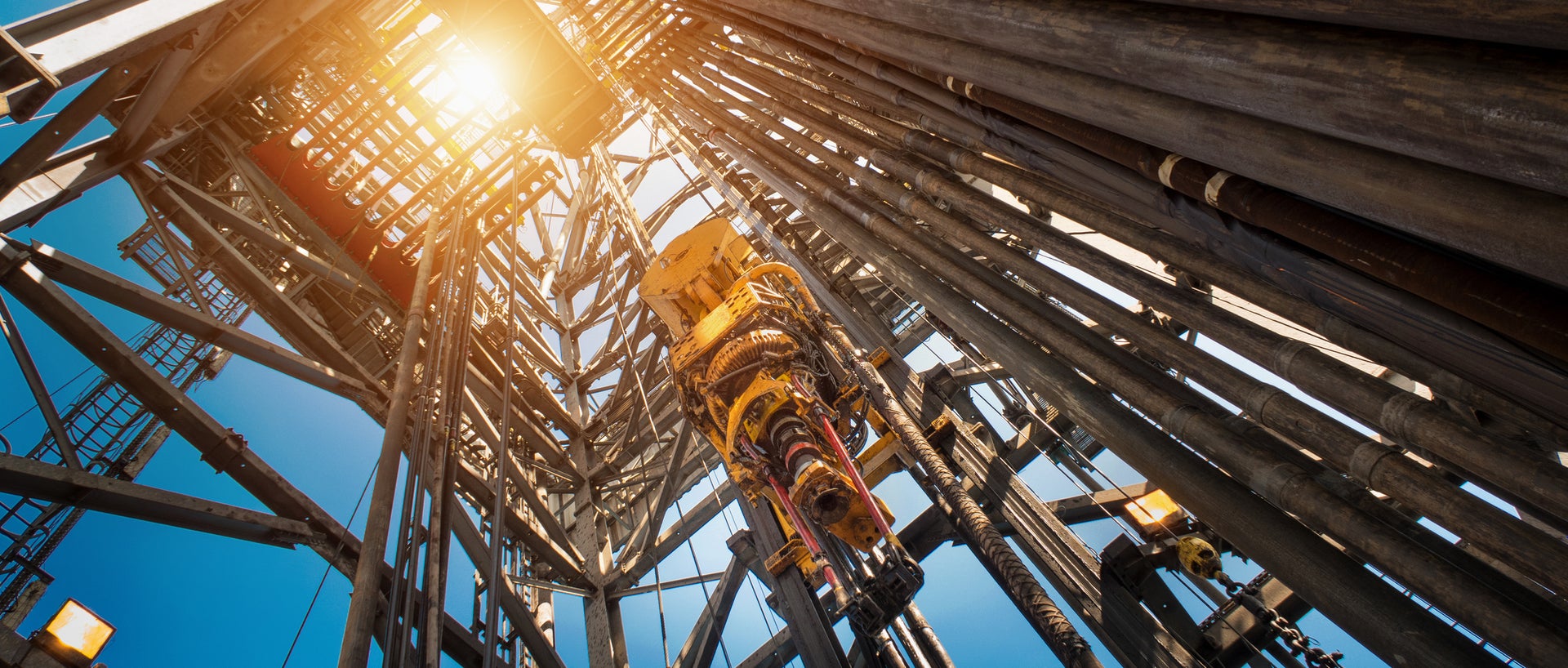More than 10,000 wells are dedicated to hydraulic fracturing, or fracking, in Pennsylvania, the subject of the study's focus. The study found 405 out of 2,500 kids living within 1.24 miles of a fracking site in the state have been diagnosed with leukemia.
Children living near fracking sites are two to three times more likely to be diagnosed with leukemia between the ages of 2 and 7 years old, a new Yale University study has found.
“Our results indicate that exposure to UOG (unconventional oil and gas) may be an important risk factor for ALL (acute lymphoblastic leukemia), particularly for children exposed in utero,” Cassandra Clark, of the Yale Cancer Center, said in a statement.
Researchers at the Yale School of Public Health found that of 2,500 kids living within two kilometers, or 1.24 miles, of a fracking site in Pennsylvania, 405 of them were diagnosed with acute lymphoblastic leukemia, the most common form of childhood cancer.
Nicole Deziel, an author of the study and an associate professor of epidemiology, said that fracking can “both use and release chemicals that have been linked to cancer, so the potential for children living near [a fracking site] to be exposed to these chemical carcinogens is a major public health concern.”
The study focused specifically on drinking water as a source of exposure, and found that existing setback distances – the minimum required distance between a home and a fracking well – were insufficient in protecting children’s health. The current setback distance in Pennsylvania is just 500 feet, according to the study.
Hydraulic fracturing, most commonly known as fracking, is the process in which oil and gas is extracted from deep underground by blasting sedimentary rock formations with water and chemicals in order to crack them and release gas and oils to the surface.
The wastewater from that process is then stored in a well, which the Natural Resources Defense Council, a nonprofit environmental advocacy group, has previously said has the potential to contaminate drinking water.
More than 10,000 fracking wells were drilled in Pennsylvania between 2002 and 2017, The Guardian reported.







